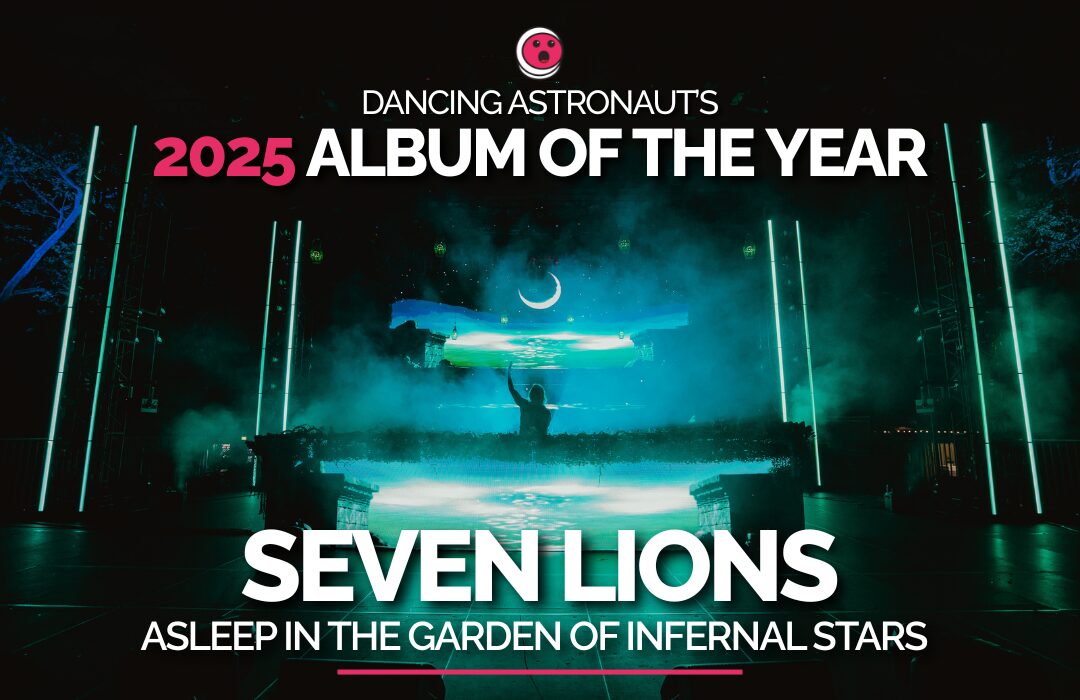WARNING: The following contains major spoilers for The Legend of Vox Machina, now streaming on Amazon.
Right from the get go, The Legend of Vox Machina established its irreverence toward classic clichés and archetypes that so often define the adventuring fantasy genre. The Critical Role campaign of Dungeons & Dragons that brought the series about provided the story's creators with a unique opportunity to put their own personal spin on familiar situations and characters. While Vox Machina admirably defied many of those standards, there was one setup it couldn't resist using a few too many times in Season 1.
One member of a team turning on his or her compatriots -- forcing a fight where the heroes need to hurt their friends in order to win -- occurs all the time in stories like Vox Machina. However, the show used the situation over and over again, diluting its impact in the finale where it started to feel a little redundant.
There is much to gush about where Vox Machina's defiance of similar tropes is concerned. Vax makes a mid-battle proclamation of love that's called out as ridiculous timing. Pike foregoes the usual austere contempt for worldly pleasures typical of religious characters, in favor of revelry and drinking with her buddy Grog. Episode 1 even introduced a band of cookie-cutter adventurers and swiftly killed them off, as if to warn the audience that they would do well to expect the unexpected from the story that followed.
Machinations that force a team to fight among themselves can be a great setup to build emotional tension before a final showdown with a villain. The trope should be familiar to most fans of action-oriented adventuring teams, recurring in everything from Avengers: Age of Ultron to Batman v. Superman. The Legend of Vox Machina proved its ability to pull the trope off in the episode "A Silver Tongue," where the villainous Professor Anders used his powers of mind control to turn Grog against the rest of his team.
Seeing the team's most physically powerful and violent member face down his fellows -- who were apprehensive about fighting back -- provided a unique twist on the story's action that, up until then, typically revolved around overpowering their foes or finding a magical trick to their vulnerabilities. The problem arises when the story then repeats the same stunt throughout the rest of the season. Professor Anders used his silver tongue against the rest of the party when Grog did not prove to be enough. Subsequent episodes saw the Briarwoods ensorcel Vax and Percy's sister, and then the demonic entity Orthax turned Percy himself against the rest of his party.
Each subsequent encounter involves a greater threat and is meant to increase the tension, but it is hard for such moments to have their full effect when they begin to feel redundant. The struggle to disenchant a magically charmed or possessed subject feels like an emotional gut punch the first time or two it happens, but begins to lose its impact the more it's employed. All such encounters in Vox Machina ended similarly as well, with the subject of the charms freed from the influence before rendering any lasting harm to their friends.
The series could certainly do better, and quite often did from start to finish. There are doubtless plenty of surprises yet to come that will continue to dazzle audiences and keep them guessing about where the characters will go, what they will do and whether they can even survive the threats ahead.
Unfortunately, the mind-controlled teammate was one trope that Vox Machina used a little too much. As effective as it can be in small doses, it may be well-advised to leave this storyline off the table in future seasons.
About The Author

